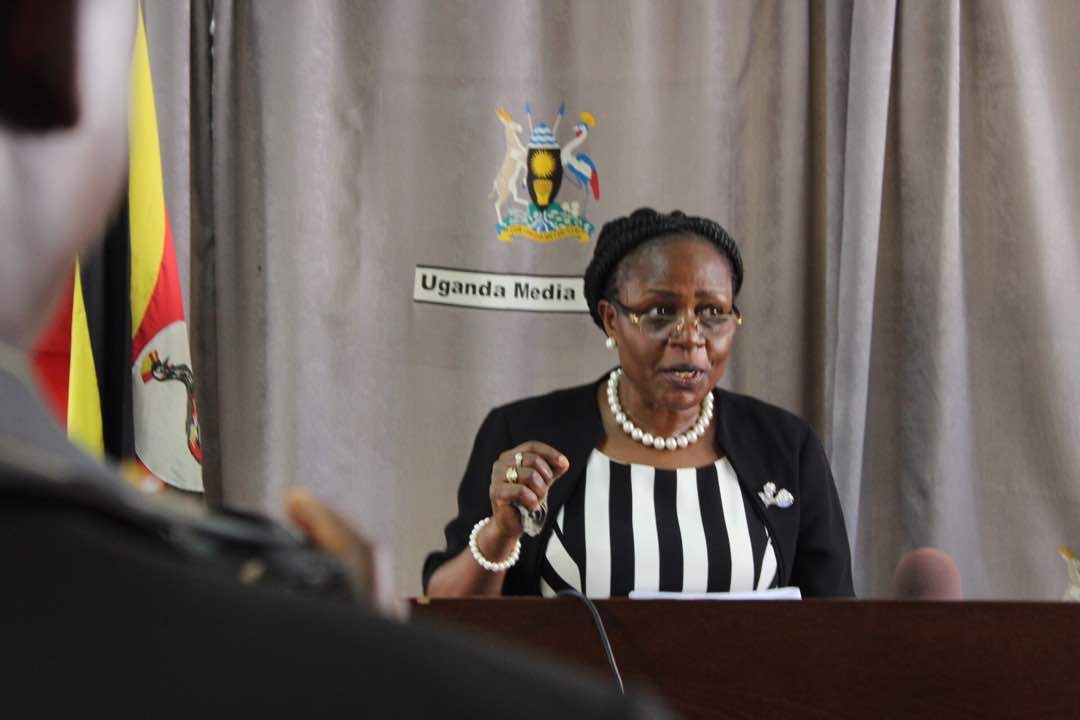State Minister for Environment, Mary Kitutu, has on Tuesday articulated to Ugandans about the outcomes of the just concluded 23rd UN Climate Change Conference of the Parties (COP23) that took place in Bonn, Germany.
Kitutu who also is the woman MP for Manafwa warned people to stay away from activities that degrade the environment even though Uganda is planning on exploiting fossil fuel, which directly contributes to global warming.
Kitutu highlighted the advance effects of climate change that Uganda is currently facing; from severe drought in Western Uganda and flooding in some parts of the country, calling it a wake-up call to the reality of climate change.
“I we do not conserve the environment, we shall not get the opportunity to witness Vision 2020 that sees Ugandans enter the middle income class,” Hon. Kitutu said.
The minister emphasized how all countries of the world (Uganda inclusive) have been urged to make forest protection and rehabilitation and the financing of all forest ecosystems a priority and revealed the need to allocate adequate funds towards forestry programs to help mitigate climate change.
“By not looking after our environment through tree planting and wetland conservation we risk increasing global warming, droughts among others which are dangerous to our survival.
“Government is going to introduce free tree seedlings for the general public to see the spirit of conserving the environment boasted,” she added.
Tackling carbon emissions and ‘kavera’ ban
Uganda’s carbon dioxide (CO2) emissions like the global emissions from fossil fuels and industry are projected to rise by about 2% by the end of 2017 compared with the preceding year, with an uncertainty range between 0.8% and 3%. The news follows three years of emissions staying relatively flat.
Although Uganda’s CO2 emissions per capita fluctuated substantially in recent years, it tended to increase through 1996 – 2015 period ending at 0.13 metric tonnes in 2015 according to the World Data Atlas.
Carbon dioxide emissions are those stemming from the burning of fossil fuels and the manufacture of cement. They include carbon dioxide produced during consumption of solid, liquid, and gas fuels and gas flaring.
In October last year, Uganda launched its National Greenhouse Gas (GHG) Inventory System that marked a critical step in the country’s efforts to meet its contribution to the global effort of emission reduction under the Paris Agreement for Climate Change.
According to Uganda’s plan for low carbon development, Uganda submitted six action points to the United Nations Framework Convention on Climate Change (UNFCCC ) NAMA Registry and they include the following:
Government is committed to fully implementing the ban on polythene packaging material commonly known as Kavera.


The assurance was recently given by Hon. Kitutu at a time government is accused of dragging its feet on implementation of the ban unlike Kenya which has fully implemented it.
Implementation of the ban has been dodged with fights between manufacturers, traders, various government ministries and agencies.











